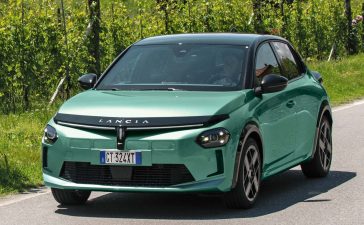In the January-March quarter of 2024, hybrid vehicles accounted for 2.48% of the country’s total passenger vehicle market, compared with 2.63% for EVs, according to data collated by consultancy firm Jato Dynamics.
With demand remaining strong, and automakers such as Hyundai Motor and Kia reportedly exploring the option to launch hybrid vehicles, industry experts expect this segment to overtake EVs in sales as early as this fiscal year.

Currently, apart from Maruti Suzuki and Toyota, only Honda Motor in India sells hybrid vehicles, which come with an electric motor along with a fossil fuel-powered engine, making them low on emissions and high on fuel efficiency.
Improved Fuel Efficiency
EVs have been the stars of the automotive market of late, driven by increasing awareness about vehicular pollution, but they now face competition from the hybrid segment. One of the biggest concerns for potential EV buyers has been the vehicle range, as there are still not enough battery recharge facilities, especially outside cities. Toyota is the leader in the hybrid vehicle segment. The Japanese automaker’s self-charging hybrid electric vehicle technology gives vehicles the capability to run either on the electric mode or on fossil fuels, or both. These vehicles, called strong hybrids, can cover 40% distance and 60% time on the electric mode with the petrol engine remaining shut. This improves fuel efficiency by 40-50%, lowers operating cost and reduce carbon emissions, said Vikram Gulati, executive VP at Toyota Kirloskar Motor, the local unit of the Japanese automaker. “It is quite encouraging to see the positive trend for the hybrid electric vehicle technology and growing customer acceptance as a practical mobility solution, which will further enable a smooth, clean technological shift into the future of carbon neutral society,” said Gulati.











